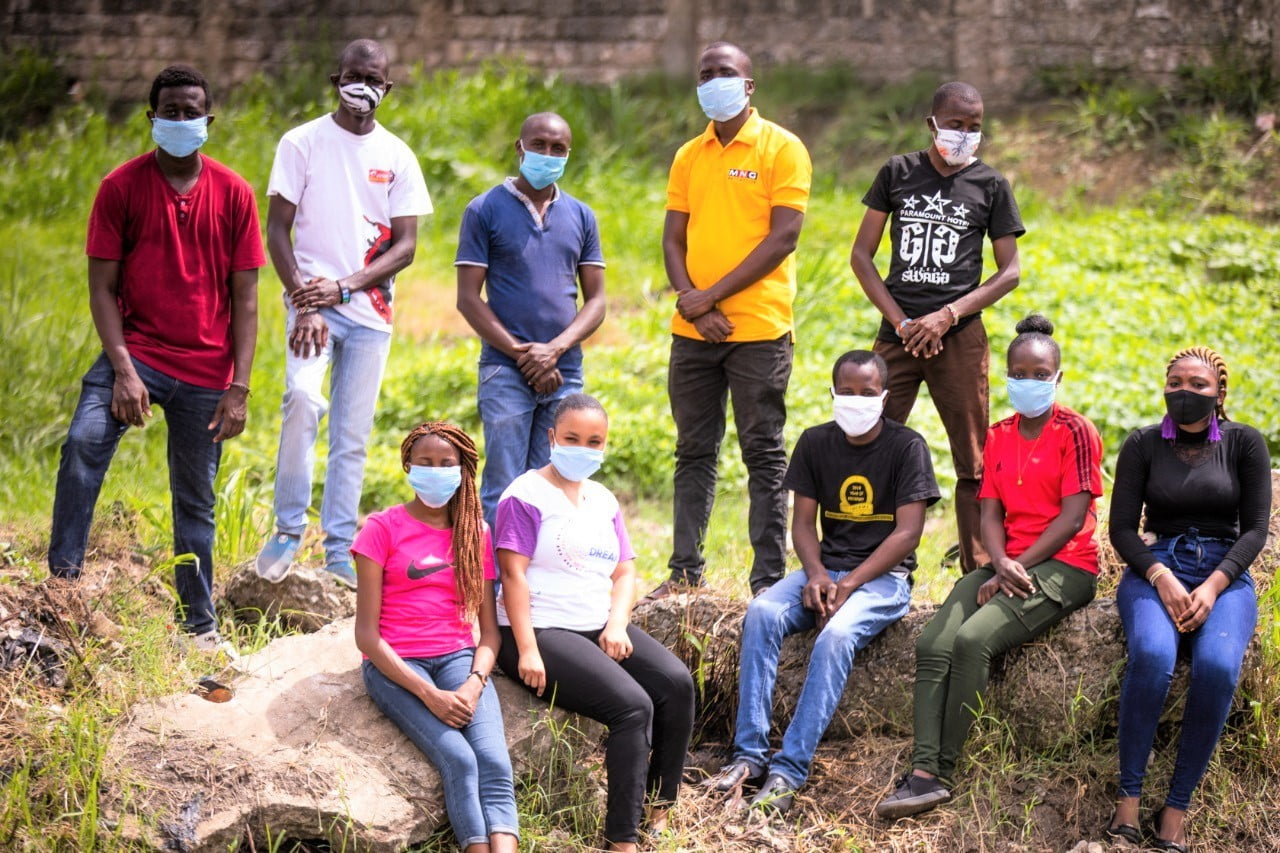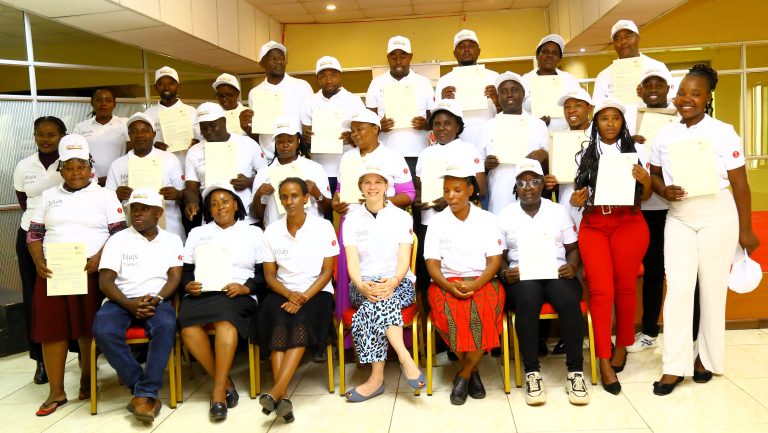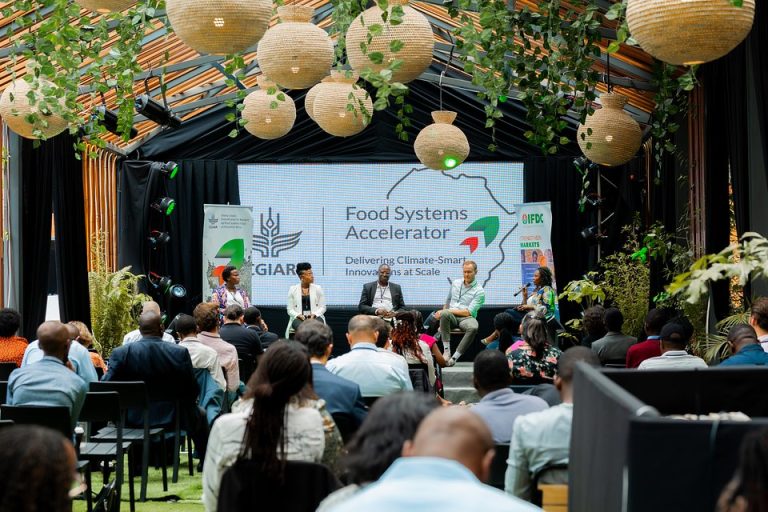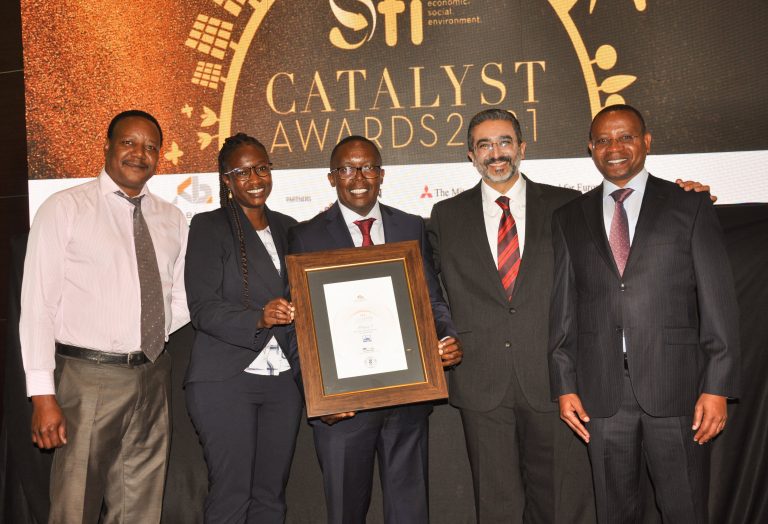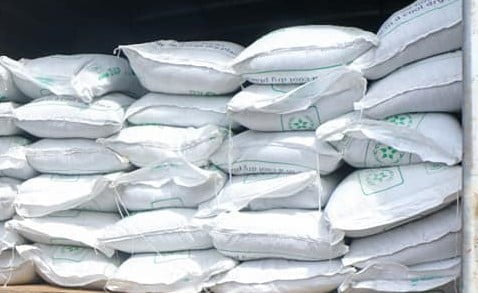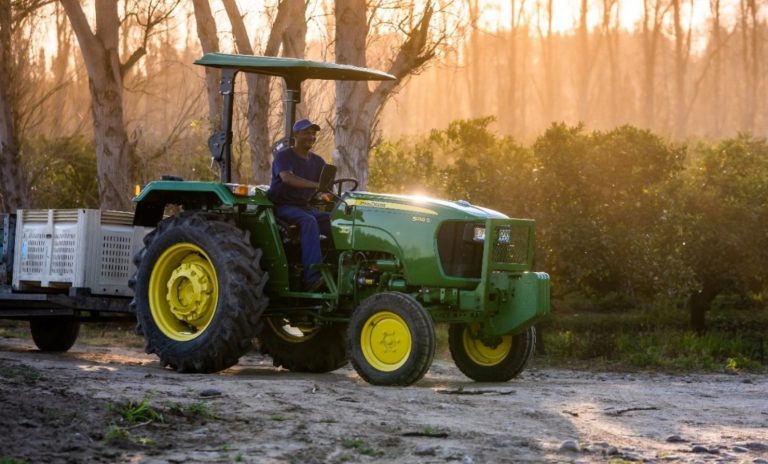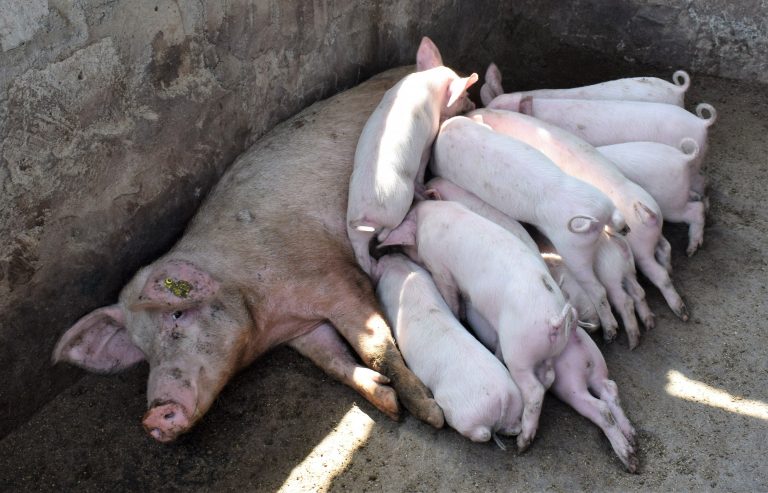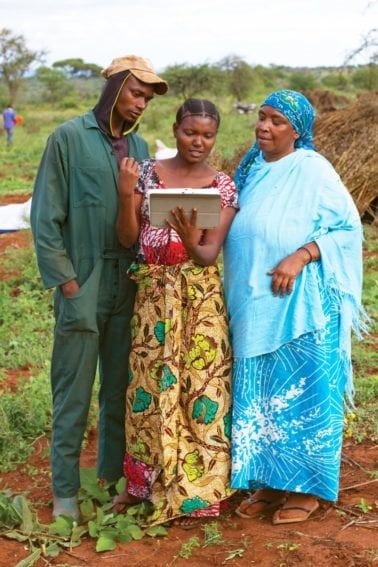By Brian Gicheru Kinyua
In such a daunting time when we are all coming to terms with wrecked economies, millions hungry and stuck in awful living conditions, the lingering question is how to rebuild ourselves amid this pandemic. Every day that covid-19 continues to hang on, is another day for “destruction” and the much-needed service at the moment is how to clean-up all the ‘debris’ it’s leaving behind in terms of food provision or creating jobs for the dismissed.
This can especially be hard if you find yourself relegated by economic conditions to live in shanties of a bustling city in a developing world. With employment hard to come by, basic needs such as access to food become an uphill task compounded by the fact that you are living with other family members in such government forsaken and polluted settlements.
But this is the kind of life for more than 10 million Kenyans or roughly 21.2% of the Kenyan population living in slums according to data from the National Treasury. For these people, the first primarily priority is to eat which in a city like Mombasa where food consumption from purchases stands at 88.9% with only 0.4% accounting for own-production can be torturous. Thus, households have to incur a huge financial expense to cover for low-own food production through purchases. This is against a backdrop of the immense fault lines in the food supply chain to urban areas that covid-19 has exposed leading to a hike in prices of essential foodstuffs.
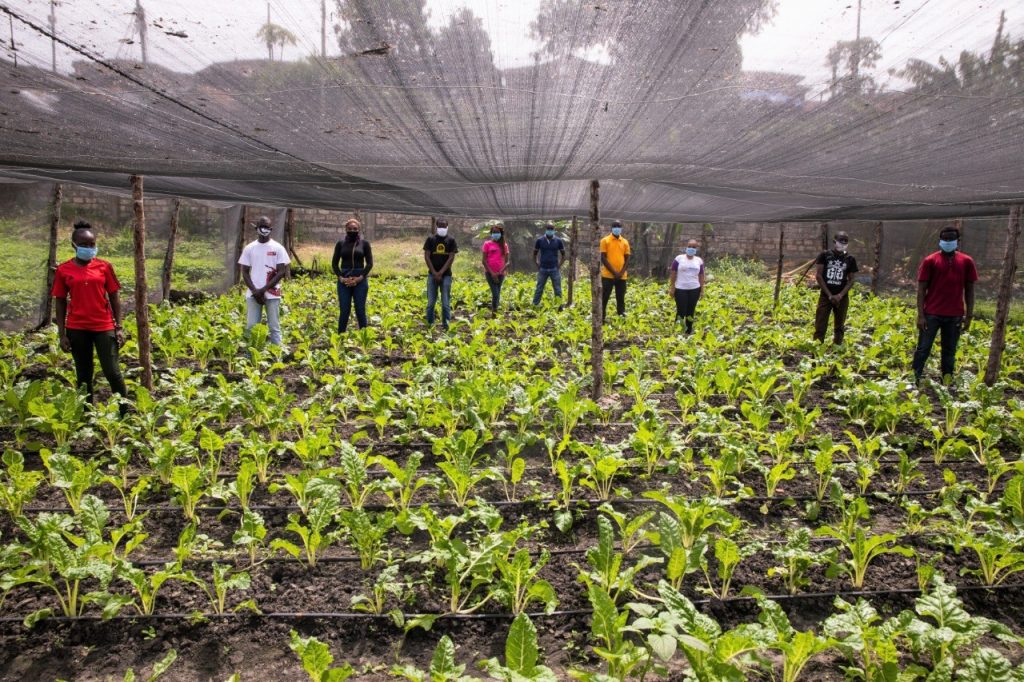
However, for one armed with an entrepreneurial mind, the currently existing gap in the provision of affordable and quality food to urban areas presents a viable business opportunity. This is what led me to pay a visit to an amazing youth group in Tudor, Mombasa whom I got wind that they have created a budding business model on feeding the community neighbouring their farm which includes one of Mombasa’s largest slum Muoroto.
Dominion Youth group will be celebrating one year since its formation this September and already boasts of a membership of 14 youths who are between 20-29 years old. Most of them were born in Mombasa and thus grew up in the concrete jungle away from farms unlike the experience of a majority of their peers in rural areas.
They initially started as a hang-out group for social purposes such as holding birthday parties but decided to settle for farming as an income-generating project. The church where they all worship, Winners Chapel, Tudor was generous enough to give then a quarter of an acre which they have transformed into a beautiful garden with a greenhouse and drip pipes for irrigation.
Currently, they are growing three species of indigenous leafy vegetables, namely; Mkunde (Cowpeas leaves), spinach, mchicha (Amaranthus) and mnavu (African nightshade) which are very popular in Mombasa. I found the group busy in the farm harvesting spinach which fetches for between Kshs 4000-5000 in a week for them at farm gate prices. So far they have been harvesting for the last 5 weeks and are projecting that by 4 months they will have earned Kshs. 90,000.
“Some of us lost our jobs due to the pandemic and the farm keeps us busy as well as helping us earn a few coins just to keep us afloat,” said James the Chairperson. Also, the group has significantly cut the distance that fresh produce has to travel to reach Mombasa which sources its food from as far as Nyeri, Nyandarua, Meru and Tanzania more than 500 miles away.
Traditionally, Kenya’s fresh fruit and vegetable marketing system is characterized by fragmentation where food passes from producers; assemblers and wholesalers who buy bulk food products from rural areas to sell in urban areas. The market power thus resides with the wholesalers who operate in open-air markets in cities and determine the price of a food product for the retailer who interacts with the consumer. These intermediaries drive up the transaction cost for food sold in urban areas pushing it out of reach for many poor households.
This is the challenge that the Dominion Youth group is trying to solve at their farm by creating a direct link between a producer and consumer. Most of the vegetables they farm retail at a modest price of Kshs. 10 which could be the reason as to why most of their clients come from the Muoroto slums.
However, the youth’s group farm produce is just a drop in the ocean as far as demand for fresh produce is concerned in Tudor leave alone the whole of Mombasa County. For the few hours I interacted with the group, tens of people were trooping in to order vegetables and for them, the market is insatiable.
Dominion youth group is an example of how youth can provide much-needed leadership to societal challenges through their energy and innovativeness. Kenya is currently experiencing a youth bulge which can produce a growth dividend if transformative youth development initiatives are more focused and intentional.


